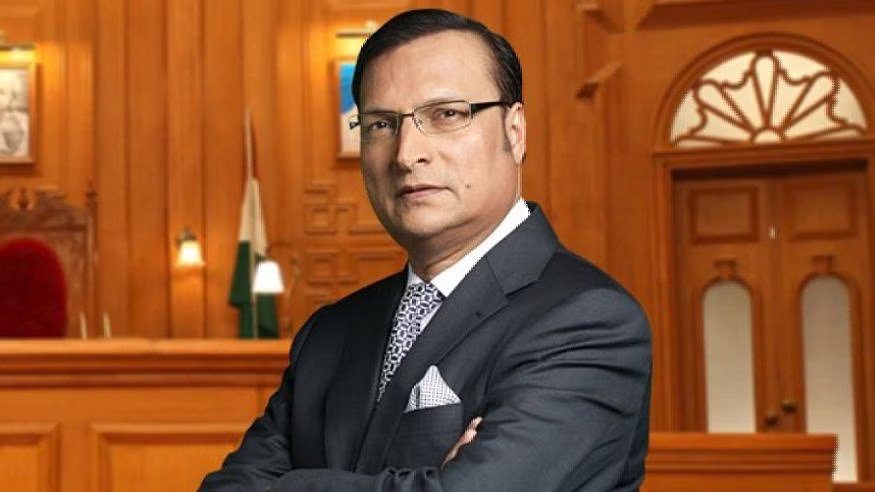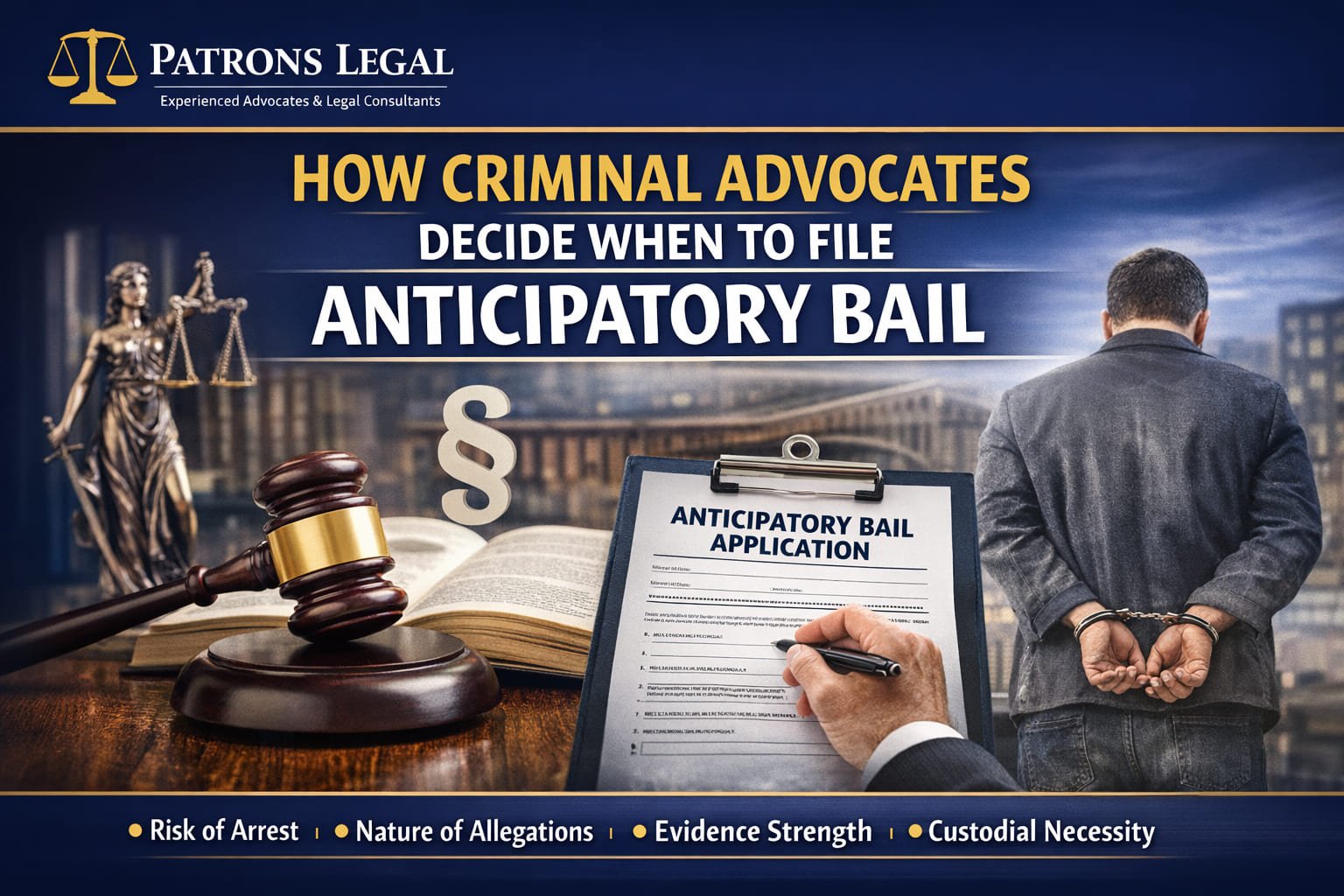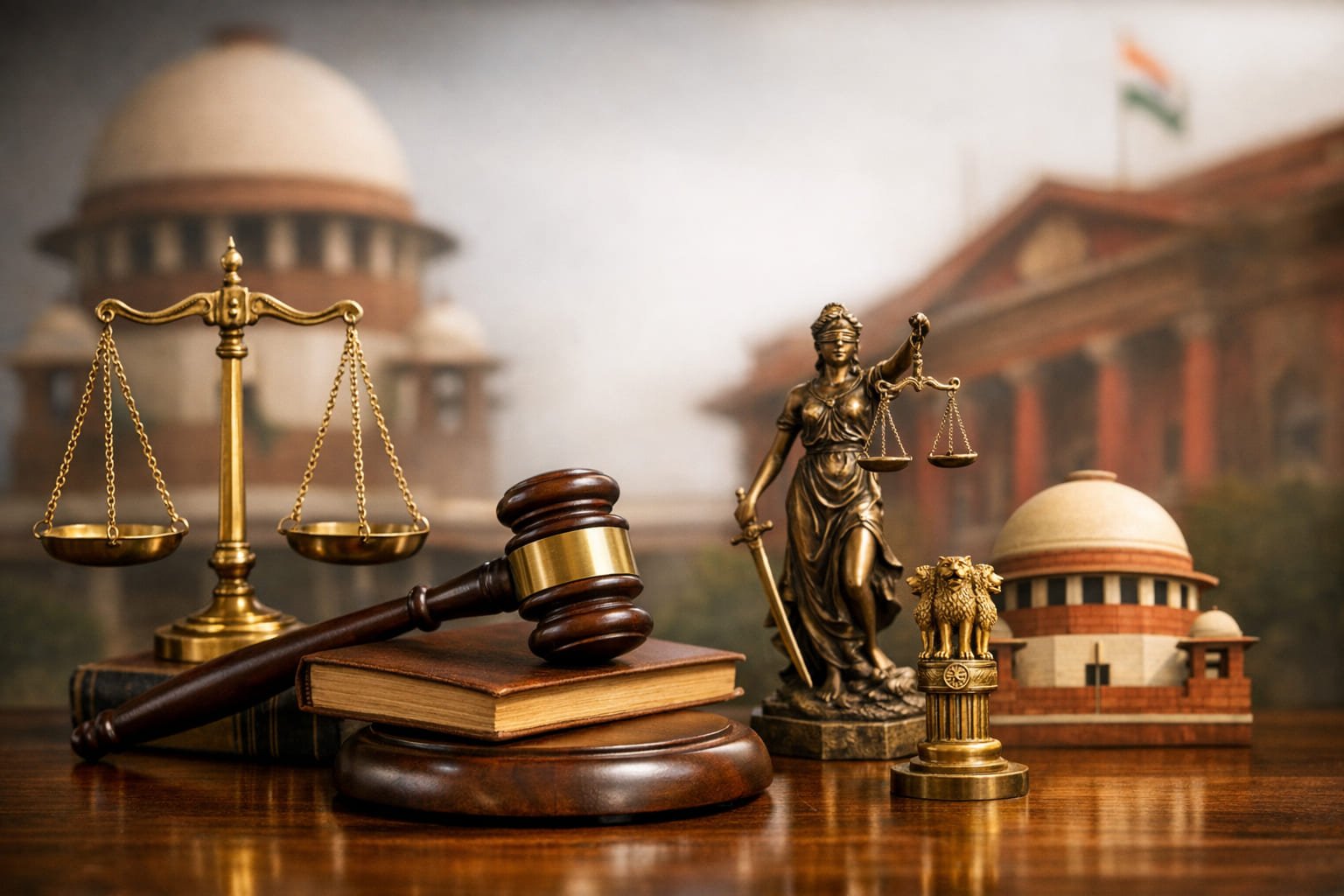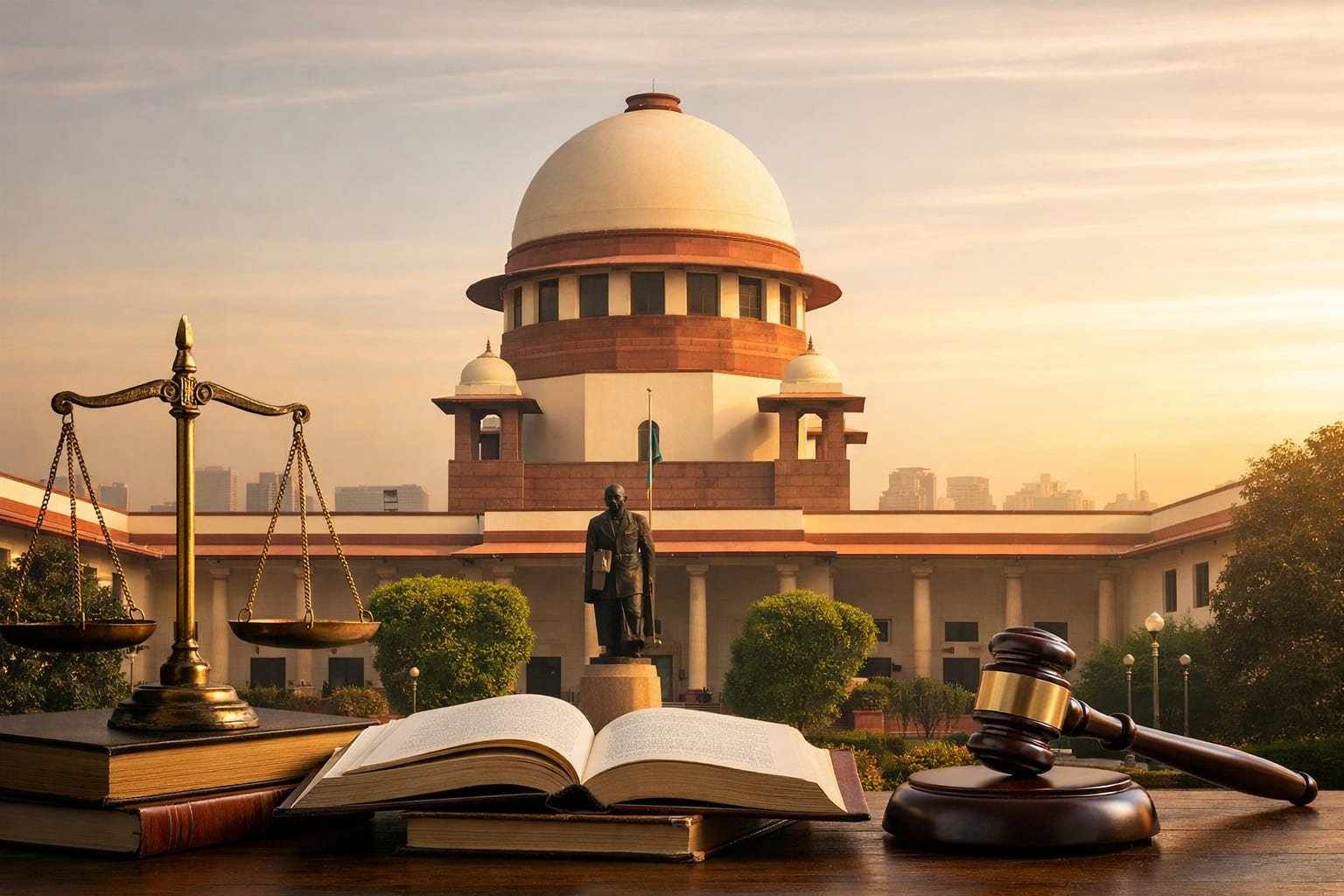In this case, a suit for permanent injunction and damages has been filed by the plaintiff, a prominent Indian journalist and TV anchor, against multiple defendants. The plaintiff is notably recognized for his contributions to journalism and media, having received the Padma Bhushan in 2015 and hosting the long-running show “AAP KI ADALAT.”
The defendants in this case include major social media platforms (X, formerly known as Twitter, YouTube, and Facebook) and members of the All-India Congress Committee (AICC). The conflict arose from an incident during a live debate on India TV on June 4, 2024, regarding the results of the Lok Sabha General Election. During this debate, defendant No. 6, a spokesperson for AICC, expressed her views without any immediate objections.
However, on June 10 and 11, 2024, defendants No. 4 to 6 made defamatory statements against the plaintiff on X (Twitter) and during a press conference. They alleged that the plaintiff used abusive language against defendant No. 6 during the live debate, supported by an edited video purported to be the raw footage of the debate. The plaintiff denies these allegations, asserting that the original footage from the live debate shows no such language was used. The edited video and the false allegations have significantly damaged the plaintiff’s reputation.
The plaintiff claims that the actions of the defendants were orchestrated to malign his reputation. He states that the tweets and videos have been widely viewed and shared, causing irreversible harm to his reputation built over four decades in journalism. Despite notifying the defendants and requesting them to cease their defamatory actions, they continued to reiterate their allegations, even holding a press conference and filing a criminal complaint against the plaintiff under Sections 294 and 509 of the Indian Penal Code.
The plaintiff argues that these defamatory statements were made with malicious intent to gain political mileage and damage his career. The widespread dissemination of these false claims has harmed his reputation among family, friends, peers, followers, and viewers both in India and abroad. The plaintiff seeks an injunction to remove the defamatory tweets and videos from social media platforms to prevent further harm to his reputation.
The court found that the plaintiff, a distinguished journalist, only performed his professional duties during the debate. The defendants’ subsequent defamatory statements were not based on the facts of the incident. The court emphasized the importance of balancing freedom of speech and protecting an individual’s reputation. It recognized that the right to dignity and reputation, protected under Article 21 of the Constitution, is as significant as the right to free speech.
The court observed that the material presented showed the allegations against the plaintiff were intended to harm his reputation. The widespread dissemination of these false statements has caused significant damage, warranting the court’s intervention.
In conclusion, the court directed that the defamatory posts on X (Twitter) be removed within seven days and the videos be made private on YouTube.
In a recent ruling, the Delhi High Court has sided with journalist Rajat Sharma, granting an injunction against the unauthorized use of ‘Aap Ki Adalat’. This decision underscores the court’s protection of intellectual property rights, reflecting a significant legal victory facilitated by Delhi High Court lawyers.








Leave a Reply